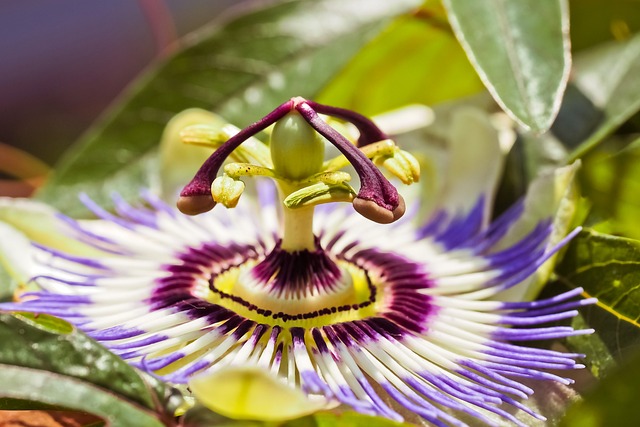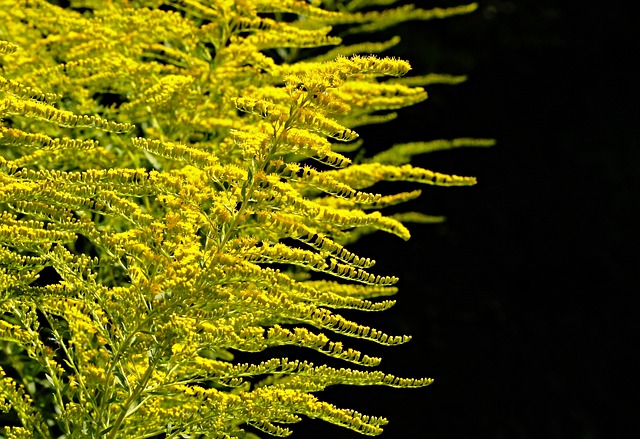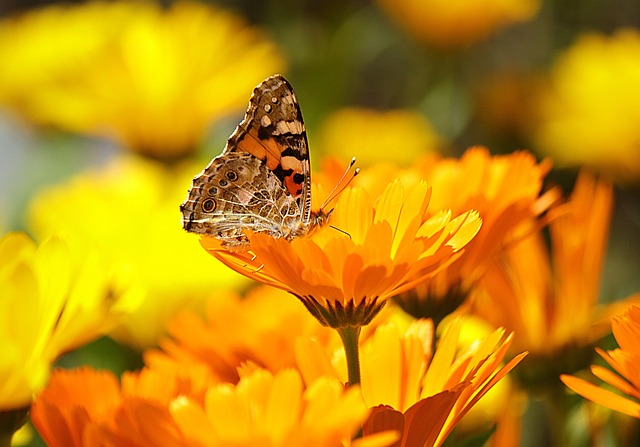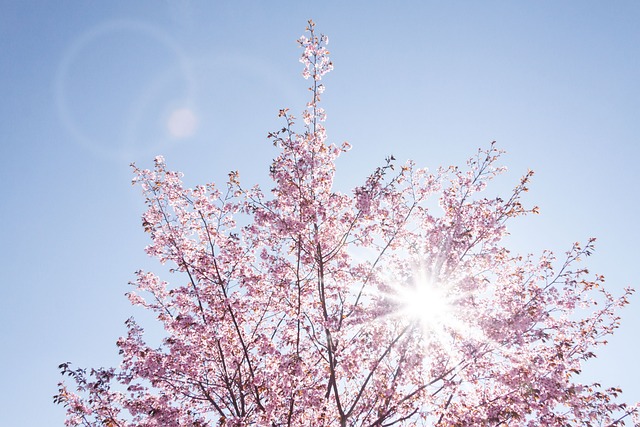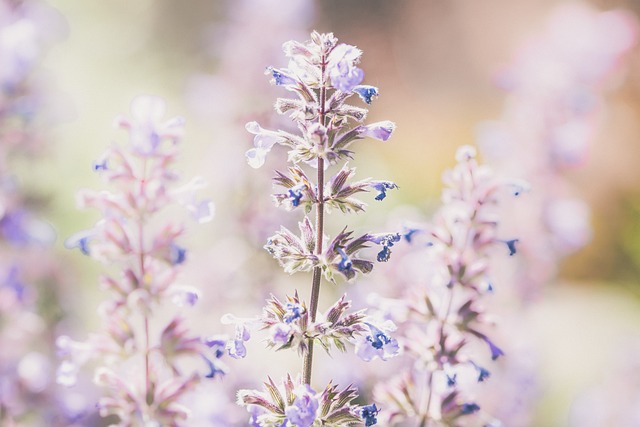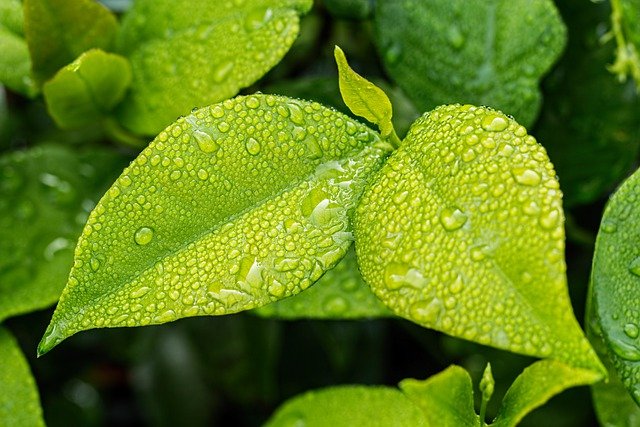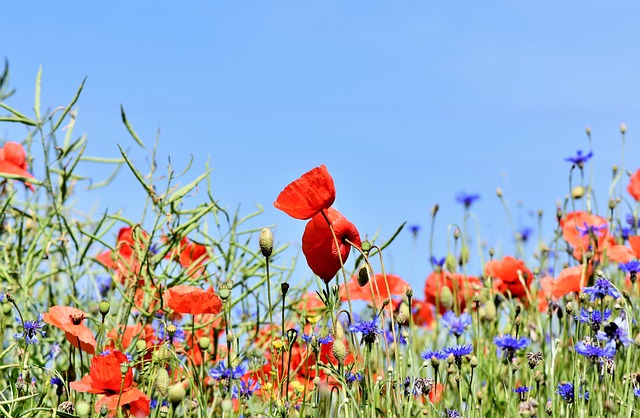
Horticulture is a centuries-old pastime loved by many people. It can be enjoyed as a pleasant hobby, or it may be performed for the purpose of providing fresh food for your family. This article will shed some light on the gardening process, and the many rewards it reaps.
Use annuals and biennials to enliven your flower beds. The annuals and biennials are usually fast growing because they only last one season, and this will let you change the garden every season for a nice change of pace. Use these beautiful flowers to line your driveway, surround trees and shrubs, and for decorative hanging baskets. A variety of flowers that will thrive in your region are available.
Before actually putting plants into your garden, check the type and compostion of your soil. You can obtain a soil analysis for a nominal fee. Using that report, you can amend your soil as needed for a thriving garden. A Cooperative Extension office can provide you with this service, saving you learning on your own by trial and error.
Stink Bugs
Stink bugs can damage your garden, especially if you garden in the fall. They like to feast on all kinds of fruits, as well as peppers, tomatoes, and beans. Stink bugs may get out of hand and do significant damage in your garden. It is important to take steps to eliminate them from that area.
Grow wheat or cat grass around the plants your cat likes nibbling. You could also repel your pet by planting rosemary or placing citrus fruit peels around your garden.
Don’t cut your grass too short! Higher grass has deeper roots, meaning a healthier lawn that will be less likely to dry out. Short grass on the other hand is more susceptible to drying out.
Aerate and dry your plants each day. Damp leaves can lead to plant disease and parasites. Fungi commonly afflict a number of plants. Be sure to prevent the growth of fungus with a spray that will inhibit their growth.
A good fertilizer is important to add nutrients to your soil. Manure is a great garden additive, but it is important that you choose a manure that has been composted commercially so that there is less of a risk of pathogens. There are a lot of different ways to fertilize plants; make sure you actually take the time to do it.
Place organic mulch close to your vegetables. The mulch will help keep the soil moist for longer periods of time. It also prevents weed growth. You will save time by not pulling weeds.
Do some research to find out the best time for harvesting your vegetables. Each veggie has its own prime time for harvesting. For example, zucchini and baby peas are best picked young. However, you get better taste out of tomatoes that have been allowed to ripen as much as practical while still on their vine. So, learn about the ideal harvest time for your vegetables.
You can help to prevent your plants from developing diseases with aspirin water. An aspirin and a half, dissolved in about two gallons of fresh water, is great for your plants. Spray the plants with the aspirin water to assist plants in battling disease. Apply at three week intervals.
If you have problem slugs in your organic garden, get rid of them naturally with a beer trap. Dig a hole the size of a glass jar, and bury the jar with the top at ground level. Next, add beer to the jar until it’s about nearly full, with somewhere around an inch of space remaining. Slugs are attracted by the beer and won’t be able to exit the jar once they enter.
Mulch your garden to keep the soil nourished. The soil will be efficiently protected. On hot days, mulch will also protect your plant’s roots by keeping them moist and cool. Evaporation will be reduced and the soil will remain moist for longer when you water. It will also keep weeds under control.
Do some research on the botanical insecticides that are available in your area, many of which are extremely helpful in preventing pests from invading your garden. Natural insecticides can sometimes kill pests more powerfully than synthetic pesticides. Keep in mind, however, that natural pesticides frequently deteriorate more quickly than those with a man-made base.
With just a small amount of steps, you can add a new garden just for any of your perennials. Use the spade to get under the turf, flip it, and then apply a layer of wood chips that is several inches deep. With a week or two, you will be able to plant perennials in the bed.
If you would like to create a garden that is organic, it is vital you understand how to correctly make beds. Remove the grass turf from the area you want to plant. Next, flip it so that is is upside down, and then place about four inches of chunky type wood chips on top. Give it a few weeks and you can start to plant your plants.
As mentioned, the pleasures of horticulture have been enjoyed throughout the ages. Many years ago, it was actually a way of sustaining the family. In modern times, however, horticulture is done for primarily three reasons: profit, pleasure or necessity. The information here can help you deepen your love of horticulture and the joys it brings. Start gardening today, and you will soon be enjoying the fruits of your labor!

